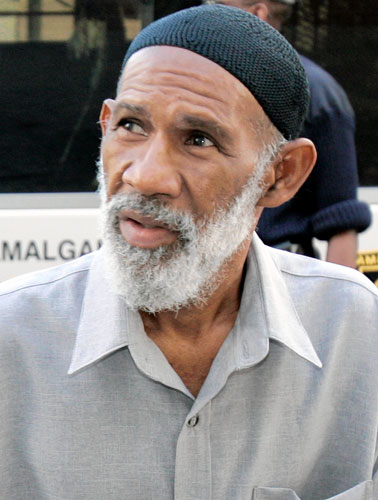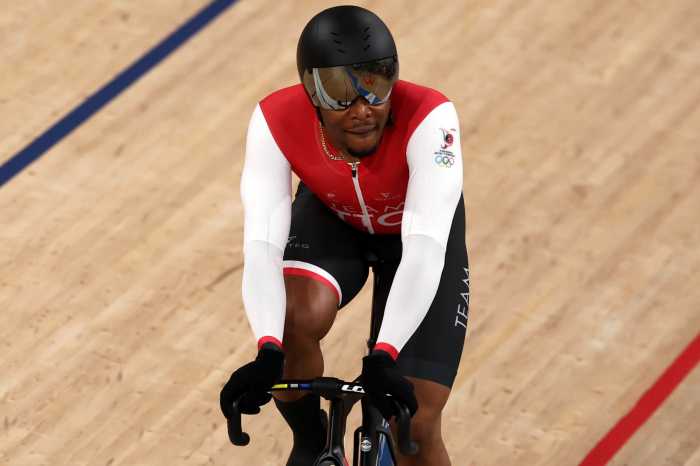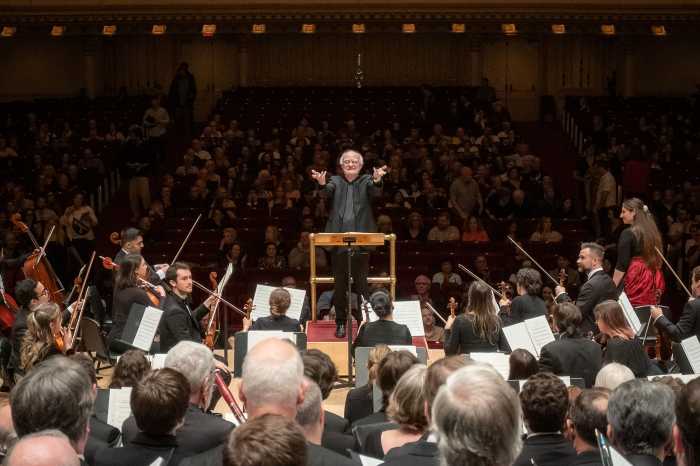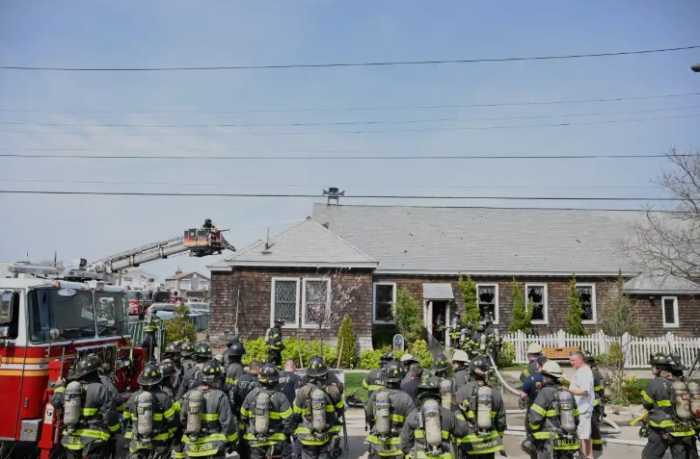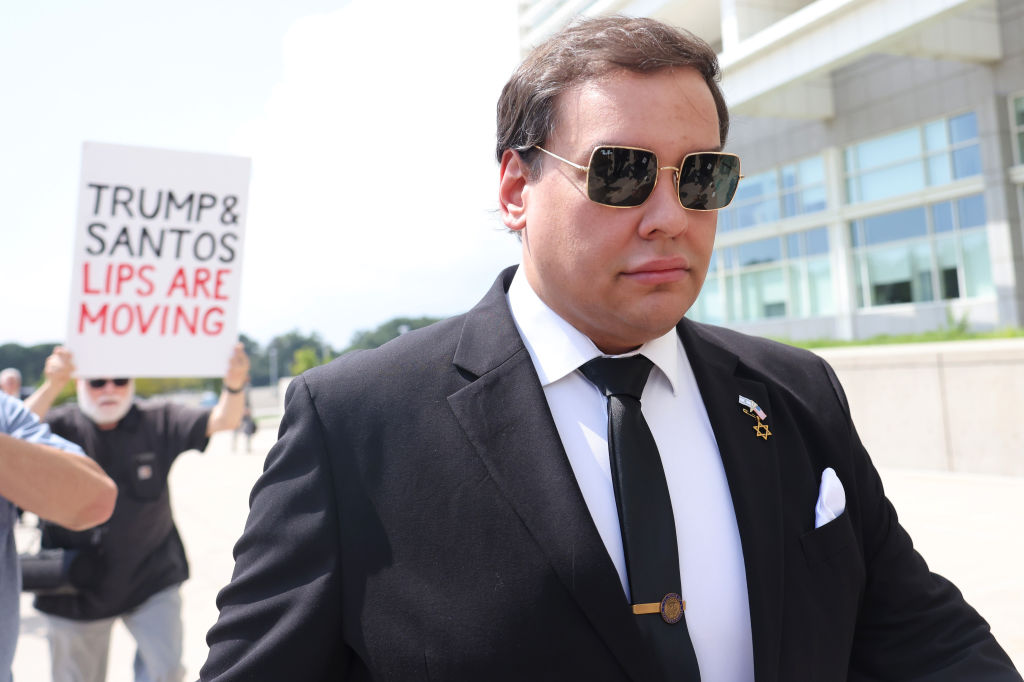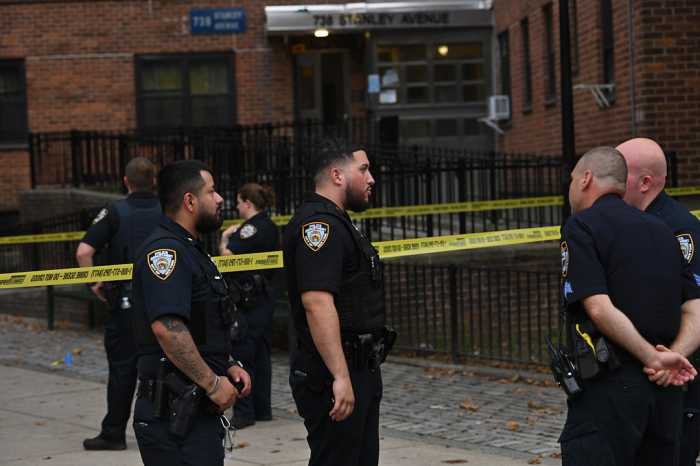A United States federal judge on Jan. 13 sentenced to life in prison a Trinidadian man who was convicted of plotting to blow up fuel tanks at John F. Kennedy International Airport in New York.
“No one can doubt the seriousness of this crime,” said Judge Dora L. Irizarry of U.S. Federal District Court in Brooklyn, who compared the bomb plot to the Sept. 11 terrorist attacks on the United States as she handed down the maximum sentence to Kareem Ibrahim, 66.
Ibrahim was one of four men accused in 2007 in what U.S. federal authorities said was a plot to cause a chain reaction along a pipeline that would damage vast areas of New York City.
Prosecutors presented evidence at trial that Ibrahim, an imam and a leader of the Shiite Muslim community in Trinidad, had provided operational support to the group plotting the attack.
Ibrahim was extradited from Trinidad and Tobago for the trial.
Prosecutors said crucial evidence came from a convicted drug dealer and paid informer who contributed financial and logistical support to the plotters and secretly recorded their conversations.
Two of the conspirators, Russell M. Defreitas, a Guyanese immigrant and former cargo handler at the airport who prosecutors said was the mastermind behind the scheme, and Abdul Kadir, a former member of the Guyanese Parliament, were convicted in 2010 and were sentenced to life in prison.
Another Guyanese man, Abdel Nur, pleaded guilty and was sentenced to 15 years in prison.
Ibrahim’s lawyers said they planned to file an appeal on his behalf.
“Kareem Ibrahim abandoned the true tenets of his religion and plotted to commit a terrorist attack that he hoped would rival 9/11,” said Loretta E. Lynch, the United States attorney for the Eastern District of New York. “But law enforcement detected and thwarted the plot, saving lives.”
Assistant U.S. Attorney Marshall Miller told Judge Dora L. Irizarry that if the plot had not been thwarted by the Federal Bureau of Investigations (FBI), the group might have launched “a potentially devastating terrorist attack” and “would have caused catastrophic harm – both personal, in terms of lives, and economic damage.”
The group’s “stated goal was to take out all of Queens. This was a dangerous situation,” Miller said.
But defense attorney Michael Hueston stressed that while Ibrahim served as a Muslim cleric, he bore no ill will to those of other faiths.
He said Ibrahim’s open-mindedness was evidenced by his “interfaith marriages” – he had been divorced several times – and he has “children who are Christians.”
Hueston told the judge there is a “dramatic difference” between Ibrahim and cold-blooded fanatics intent on killing untold number of innocents.
“He is not on equal footing with any hardened terrorist,” Hueston said.
But Judge Irizarry rejected that claim.
“Mr. Ibrahim is a smart man. I think he understood exactly what he was getting into,” she said.
In the months leading up to his trial last year, federal prison hospital doctors testified that Ibrahim was deeply depressed and was refusing to eat.
They said they put him on a diet of 40 milligrams of Prozac and eight bottles of Boost energy drink a day.
The doctors said Ibrahim was suffering from “self-inflicted starvation and dehydration,” suggesting that “electroconvulsive therapy” – also known as electroshock therapy – might be a helpful treatment.


